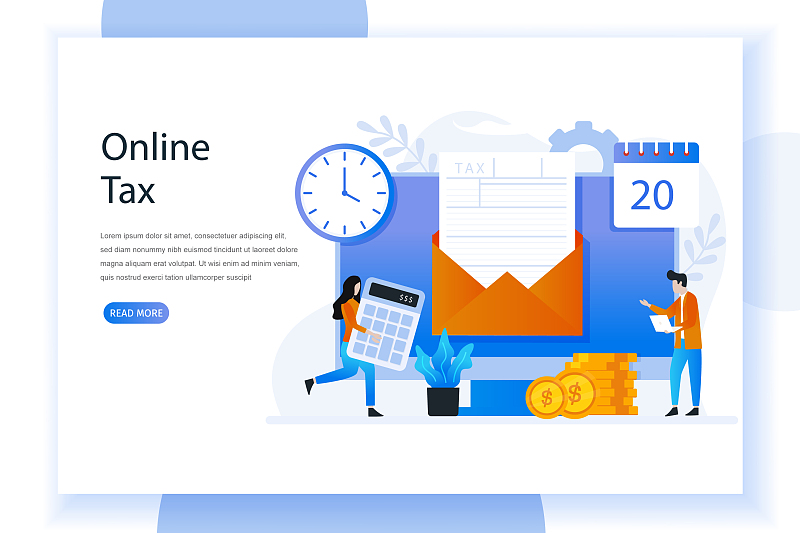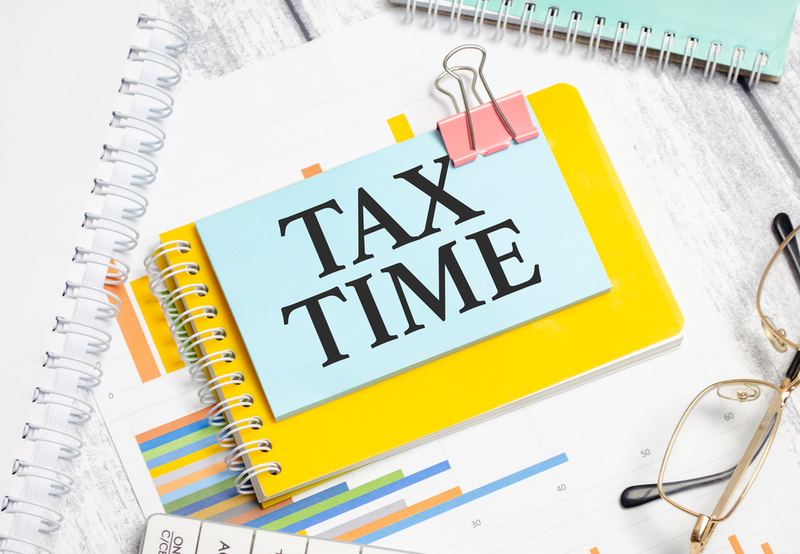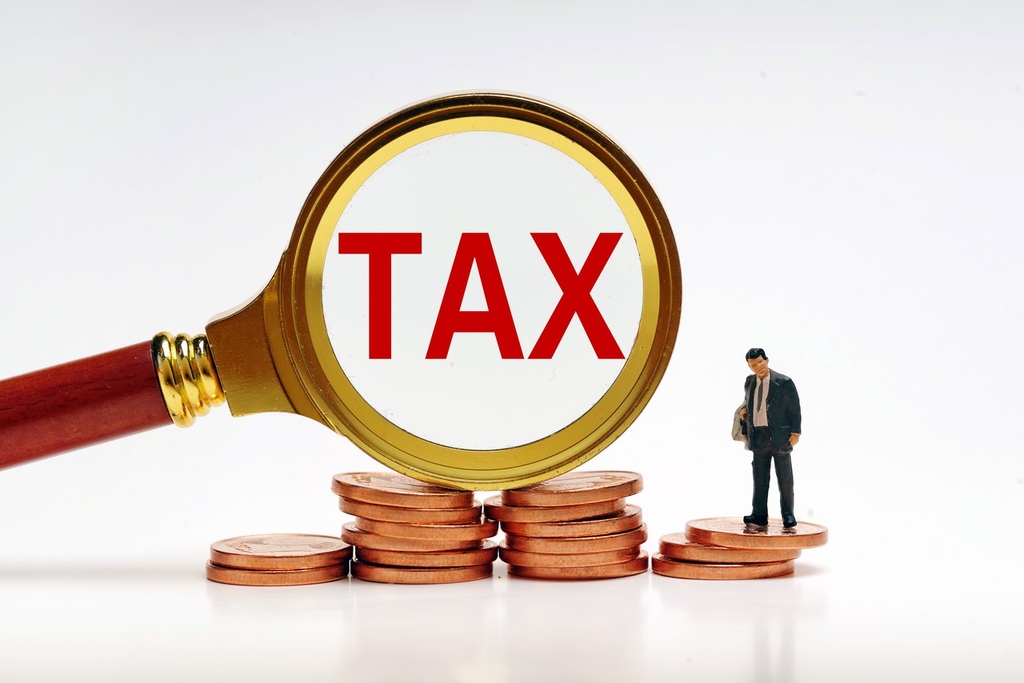Tax benefits for expats in China
China offers various tax benefits for expats working in the country, including exemptions of personal income tax on certain subsidies, such as the subsidies for their housing, children's education, and language training.
Here are the key categories of subsidies that qualify for such benefits in China:
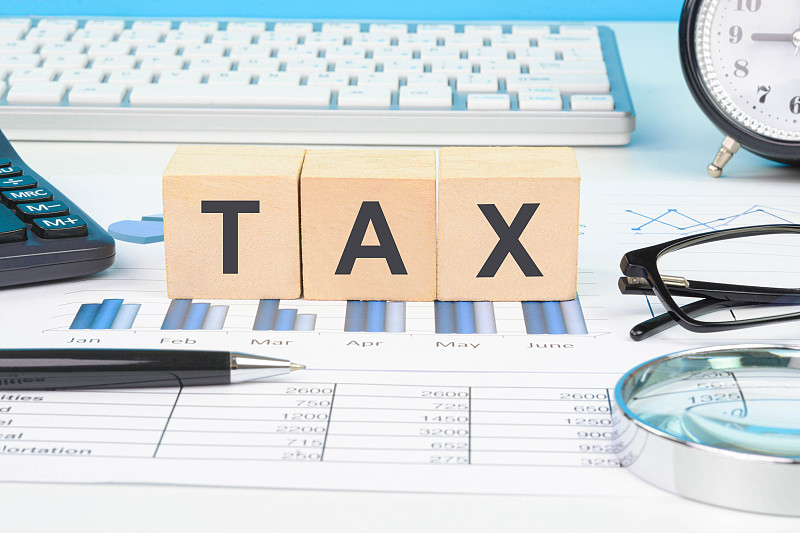
[Photo/VCG]
1. Foreign individuals who receive reasonable housing subsidies, meal allowances, and laundry fees in non-cash or reimbursement forms are eligible for personal income tax exemptions. Taxpayers must provide valid documentation for these subsidies to the tax authority for approval.
2. Foreigners who receive relocation income in reimbursement form due to their employment or departure from China are exempt from personal income tax for a reasonable portion.
Monthly or periodic payments made by foreign-invested enterprises, foreign companies, or foreign organizations in China to their foreign employees in the name of relocation must be included in the taxable income for salary and wages.
3. Foreigners who receive domestic or outbound business travel allowances based on reasonable standards are exempt from personal income tax.
4. Foreigners who receive home visiting subsidies are exempt from personal income tax for the actual expenses related to personal visits.
5. Foreigners who receive language training and children's education subsidies are exempt from personal income tax for a reasonable portion.
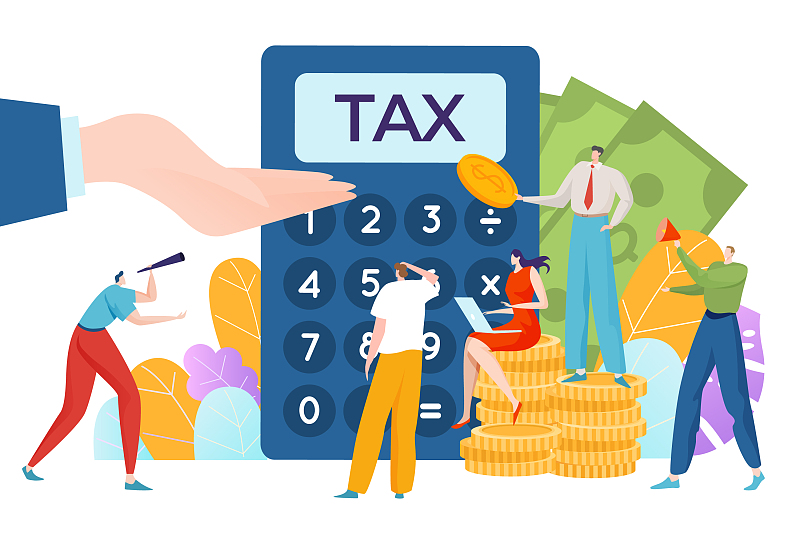 [Photo/VCG]
[Photo/VCG]
In addition to the above-mentioned tax benefits, wages and salaries earned by foreign experts who meet any of the following conditions may be exempt from personal income tax:
- Foreign experts directly dispatched to work in China by the World Bank under specific loan agreements;
- Experts directly dispatched to work in China by United Nations organizations;
- Experts working in China for United Nations aid projects;
- Experts sent by aid-giving countries to work in China under unconditional aid projects;
- Cultural and educational experts who come to work in China for cultural exchange projects signed by the governments of both countries, with their wages and salaries borne by the sending country, within two years of their arrival in China;
- Academic and educational experts who come to work in China for international exchange projects of Chinese colleges and universities, with their wages and salaries borne by the sending country, within two years of their arrival in China;
- Experts who come to work in China under non-governmental scientific research agreements, with their wages and salaries borne by the sending country's government institution.
Source: StateTaxation Administration
